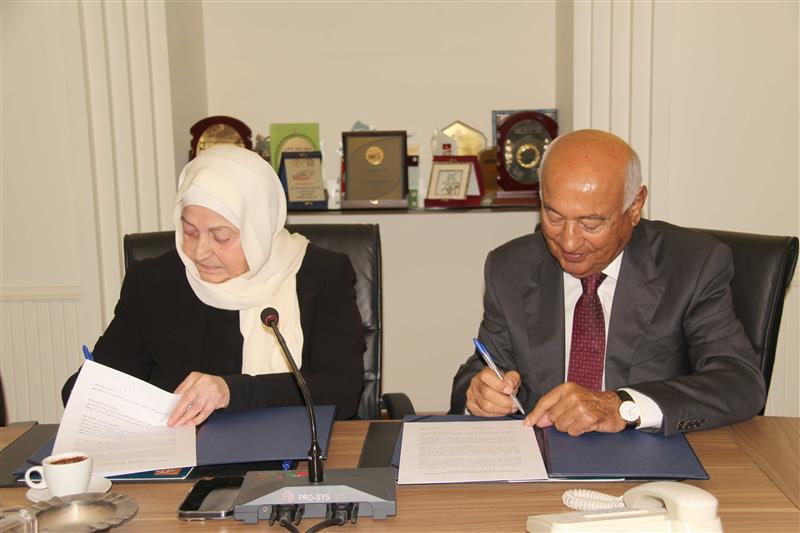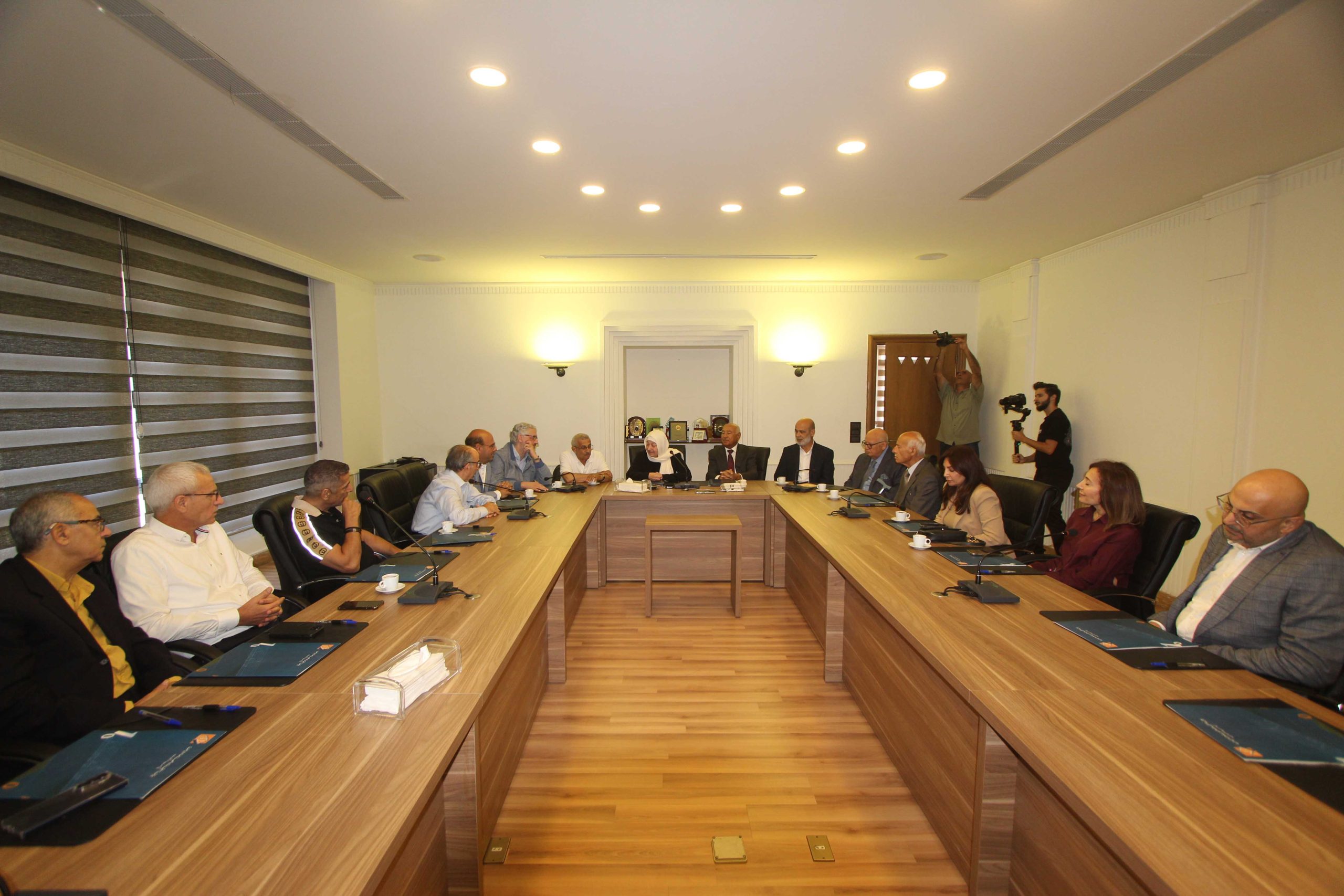MoU between the Hariri Foundation CCIA Saida & South Lebanon to Empower Youth and Advance a Sustainable Economy
The Hariri Foundation for Sustainable Human Development and The Chamber of Commerce, Industry and Agriculture in Saida and South Lebanon (CCIA) and signed a Memorandum of Understanding (MoU) to deepen partnership on youth empowerment, labor-market development, and incubation of start-ups and small and medium-sized enterprises (SMEs), with a focus on the sustainable economy.
The MoU was signed by CCIA President, Mr. Mohammad Hassan Saleh and Hariri Foundation’s President, Mrs. Bahia Hariri. It sets out a joint work program to equip young people with up-to-date technical skills that meet industry needs, support emerging businesses, and strengthen local economic growth.

Under the agreement, the parties will:
- conduct evidence-based reviews of local economic needs through comprehensive joint studies;
- hold regular coordination meetings to set priorities; and
- deploy separate legal instruments, as needed, to develop and implement subsequent projects and programs.
Priority areas of cooperation include: education and digital transformation; technical and vocational education and training (TVET); sustainable-economy sectors; digitization and industrial innovation; local economic growth; youth empowerment; and incubation for start-ups and SMEs.
Mr. Saleh said the signing “underscores the central role of education and training in economic and human development. Through this cooperation, we will deliver specialized TVET programs for youth in a rapidly changing world where skills require constant renewal. Our next steps aim to create jobs, boost productive capacity, and support entrepreneurs in Saida and the South.”
Mrs. Hariri expressed pride in renewing cooperation with the Chamber, noting that the partnership “reconnects education and research with the labor market and places the public interest above institutional silos.” She said the MoU complements the Foundation’s Urban Observatory, which produces periodic indicators for public accountability, and aligns with the Foundation’s education, health, and environmental networks to bridge skills gaps and link training to labor-market demand. Hariri emphasized establishing a joint steering committee (Chamber–municipalities–universities–partners) with a roadmap tied to existing programs and budgets; integrating cooperation with Saida’s roadmap toward a sustainable city (circular economy); and forming operational partnerships with the private sector and finance institutions to mobilize resources (blended finance, concessional loans, and a small investment accelerator).

Following the signing by Saleh and Hariri, attendees joined a reception. Attendees included members of Parliament; municipal representatives; leaders and board members from the chamber of commerce, merchants’ association, and labor unions; representatives of hospital boards and the local NGO network; charitable organizations; the foundation’s team; and principals of local schools.